No Bad Parts: Healing Trauma & Restoring Wholeness with the Internal Family Systems Model
£14.99
‘Innovative and transformational’ – Gabor Maté
‘Changed my life’ – Rangan Chatterjee
The empowering new way to discover your multifaceted mind.
Do you long to break free from a stuck part of you – the inner critic, ‘monkey mind’, a bad habit or an addiction? What if there was a way to approach those aspects of you, to free you from the constant inner struggle and find true healing?
In this groundbreaking international bestseller, Dr Richard Schwartz reveals that we are each born with an ‘internal family’ of distinct parts within us. Some of our parts can become trapped in destructive patterns, but learning to relate to each of them with curiosity, respect and empathy can vastly expand our capacity to heal.
The Internal Family Systems (IFS) model will help you challenge the destructive behaviour of these parts, turn the ego, the inner critic and the saboteur into powerful allies, and allow you to return to a more whole and harmonious ‘Self’.
Read more

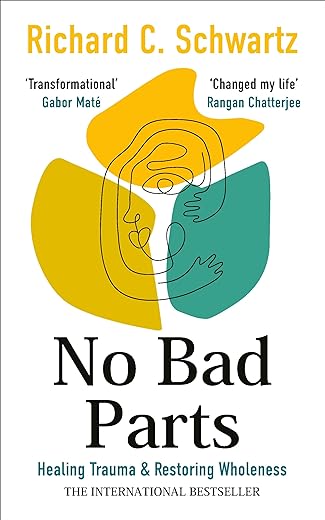
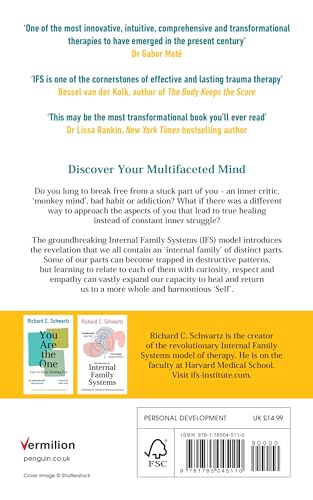
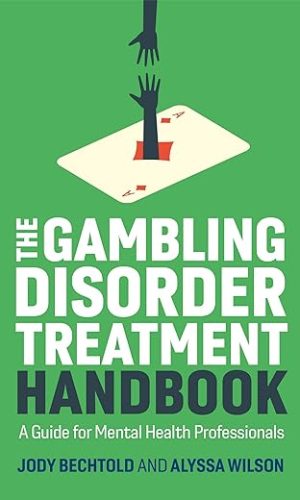
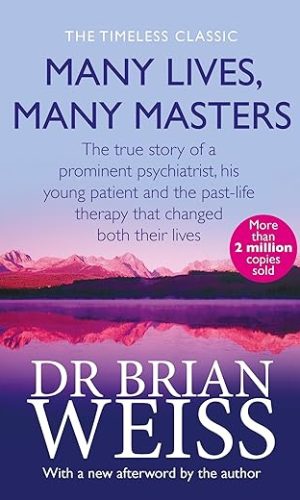
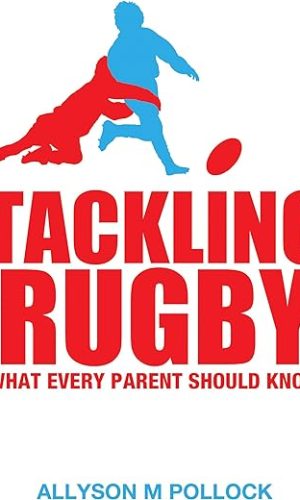
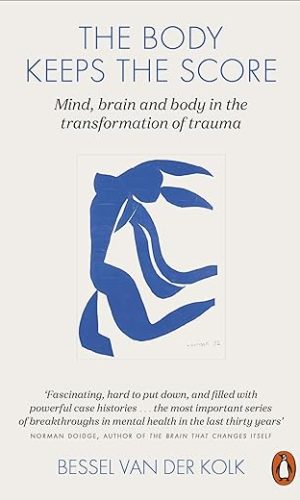
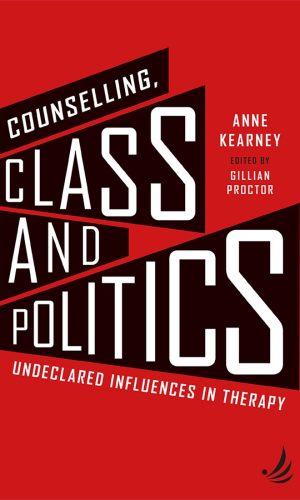

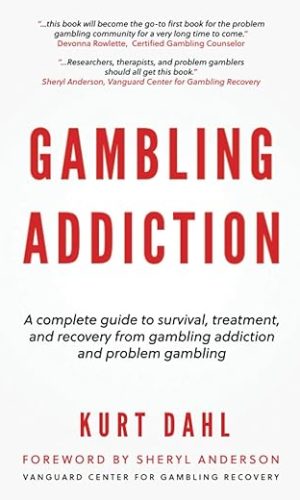
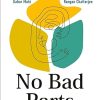
by Chris
Clear introduction to the idea that we have parts of self . To me the book takes you through the process, there are useful exercises to follow, though I think best explored with a family systems therapist. However, I found a useful addition to psychotherapy sessions, and a good way to think about me for the future. There’s some really good points in the book – self as a wider field; physical issues as a manifestation of parts of self; trauma pushes us out of self; parts overwhelm us until we no longer fear them.
by Rosie Whittaker
I got super excited about IFS after reading ‘The body keeps the score’ and thought I’d try to learn more about it. I suffer from a type of dissociation due to trauma and it made some sense to me the talks about fragmented personalities.
HOWEVER.
Getting deeper and deeper into this book and the ‘science’ behind it, I was progressively disappointed. I grew up a fundamental baptist and deconverted as an adult, but I’m very sensitive to ‘extraordinary claims without extraordinary evidence’, to put it like that. There are many times when the author just…says stuff. Asserts his convictions. I began thinking more and more ‘Hold on a moment, where’s the evidence for X..?’.
I do know that DID is real, and my form of personality fragments are real too. I believe in the ‘inner child’ and ‘inner teen’ are in all of us and we have to parent ourselves. But IFS seems put on some shaky foundations, and makes a few too many assertions on reality for my comfort.
In summary: be careful. Trust your gut if information you’re using to help yourself doesn’t line up with facts and figures you know from other, verified sources. IFS may help you, but it may also mess with your head and you MUST stop if that’s the case. If you feel the practitioner is off, under qualified, or the community you’re in has some culty vibes – put yourself first. There are other therapies too. <3
by Mrs P Dawson
Great book and easy to read. Strongly recommend. Definitely changed my perspective!
by Mr. S. E. Ross
My 1st book on IFS and what a great title !
Even if you’re familiar with the model it’s a great refresher, I am glad it reaches the topic of spirituality. I like the title very much and in the book the author explains that when you try fight a troublesome part – it will fight back as it’s need your attention, to be listened, to be healed and loved.
What I understood IFS is all about:
– to get to know your parts, liberate them from their roles and return them to their natural states
– this happens when they trust your Self to be in charge
– as a result the whole system works in harmony and is Self-led
– you no longer have so many parts that are hurting and stuck in the past
– you are no longer trying to protect them and worry about the future
– you feel whole/complete again, present and connected
– ultimately you sense your purpose (and I believe everyone has one)
by Consumer KA
I like the book and further confirms the view to befriend all our parts and not be opposed to them.
by EMMA HT
This is hard to work with and complicated stuff to look at on your own in a self help book .the best bit is the title.
Too expensive too .
by None
I thought the examples were useful and the exercises. Some bits I’ll need to read again.It was helpful to identify which parts are exiles protectors or firefighters
by None
I’m training as a Psychotherapist, so I read this book as part of my learning. Thankfully, by doing so, I’ve realised that my own internal experience aligns 100% with the IFS model.
For many years I’ve experienced myself as parts, and even went as far as “mapping” them, little did I know this was an exercise I’d eventually find in the pages of this book.
The book is an easy read, and is a compilation of the writers theories as well as transcripts of meetings with clients. There is a spiritual element to the book that is carefully managed so its not a significant distraction to those not aligned with the authors worldview.
From a student perspective, the book is insightful and informative. From a personal perspective, it’s been a revelation and I suspect it will play a part in my developing practice and exploration of self.
Another subject you may want to explore that underpins the IFS approach is “Systems Thinking”…